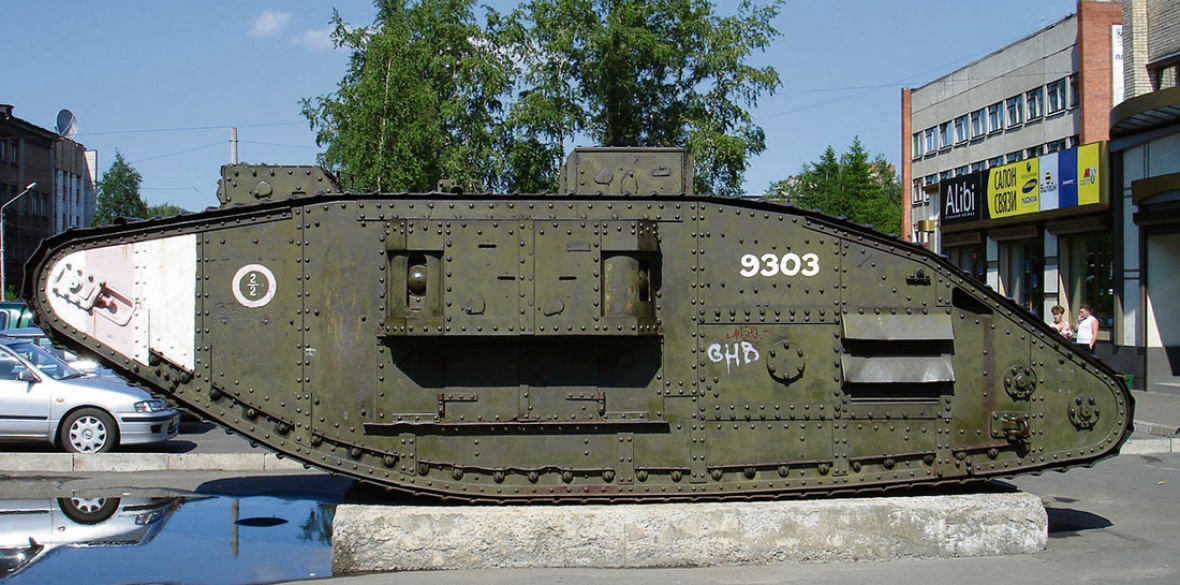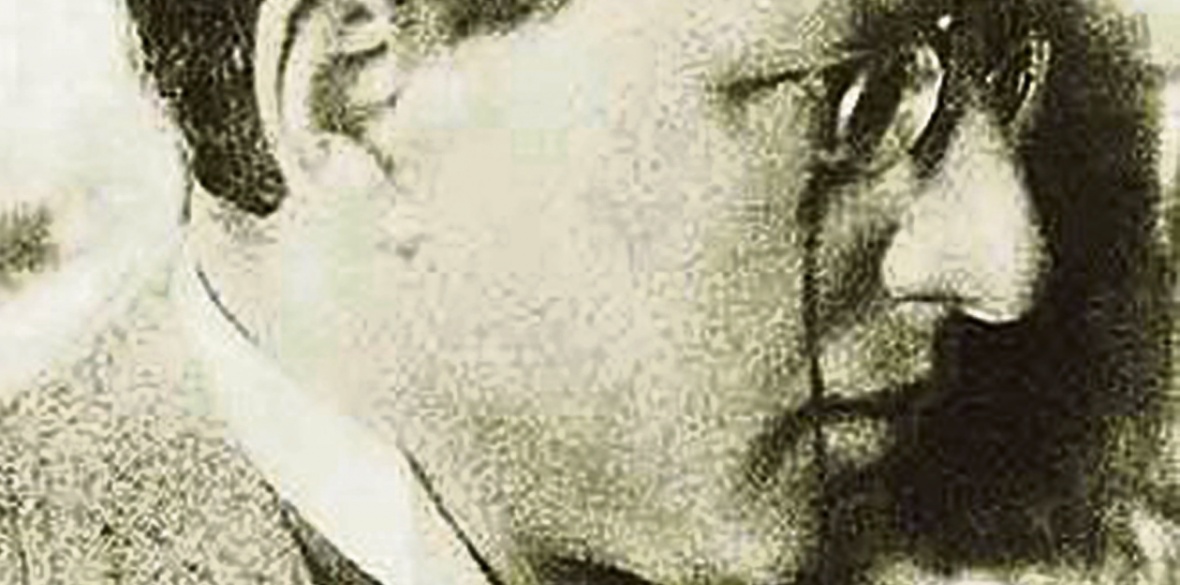This is the last article you can read this month
You can read more article this month
You can read more articles this month
Sorry your limit is up for this month
Reset on:
Please help support the Morning Star by subscribing here
ON September 4 1918, the Lord Northcliffe-owned Times announced, as if surprised, the “astonishing and gratifying success” on the Western Front causing “the enemy” to be “retreating on practically the whole battle front between the Scarpe and Peronne.”
The boosting of allied military strength by a million US troops was the decisive factor, understated in the British press.
German forces had now retreated to positions they had occupied immediately before their March 21 offensive.
More slaughter came quickly. On the 12th more than 200,000 US troops attacked and advanced in one sector, suffering 4,000 deaths and inflicting many more.
On September 1 the Observer had claimed that the pacifists were once more silent. “We hear nothing now about ‘conversing’ with the enemy.”
It was certainly true that those within Britain’s Establishment who had for the past year been talking up the desirability of a negotiated settlement were now putting faith in military victory instead.
“Pacifism” was now seriously affecting the German armies. As historian AJP Taylor wrote in his book, The First World War: “The German soldiers had been told that they were fighting the decisive battle. Now they realised that the decision had gone against them. They no longer wanted to win. They wanted only to end the war.”
Many were deserting and heading home. Others were readily surrendering to allied soldiers.
If British soldiers were not yet mutinous — they soon would be — industrial workers on the home front were in many places not putting up with the unacceptable.
The Spectator declared mid-month that the threats of fresh strikes were “as plentiful as the blackberry crop of this year.”
The “Liberal but really Conservative” Lloyd George-led government was at this time a fraction than it had been of over-reacting to industrial action, after the large learning experiences of July and August which culminated in the astonishing Metropolitan Police walkout.
On September 9 the Times noted the threat of a cotton trade strike for a wages upgrade. A strike by cotton spinners — making tents and kitbags for the military — had implications for the war effort. Faced with a firm ballot for strike action, within days of the strike’s commencement the government offered terms which were soon accepted.
‘The secret treaties made quite clear that the purpose of the allied governments in the war is precisely the same in character as the purpose of the governments of the central powers — to secure an extension of imperialistic power’
On September 10 a strike was reported by up to 100 employees of the Wandsworth Gas Company over the employment of non-union labour, as a result of which Wandsworth and Wimbledon had been in semi-darkness the previous night. This was swiftly settled, with demands conceded.
More seriously, negotiations by railway workers for increased wages with a threat of industrial action were now the subject of alarmed press reports.
Low wages for railwaymen had become even lower with wartime price inflation. A railway strike was apparently headed off by a JH Thomas-led union executive acceptance of five shillings more for over-18s and half that for those younger, but for many railwaymen this was an insult.
Unofficial action developed swiftly in south Wales, spreading to London and elsewhere.
The war cabinet on the one hand praised Thomas for his patriotic behaviour in accepting the offer, and on the other authorised both the employment of the army as strike-breaker and a threat to cancel conscription exemption certificates — 3,000 men of the London Rifle Brigade were sent in special trains to Newport.
But though unofficial action had generally halted around September 26, discontent ran deep. The Times put the affair down to “a pacifist intrigue.”
A strike by thousands of Glasgow shipwrights for weekly pay of £5 ended as only a fraction over half the men voted for staying out following another threat to cancel exemption certificates plus a promise that the claim would be soon considered — which it was, but was then rejected, causing large indignation.
The Daily Express had declared before this strike ceased: “A strong hand for all Bolshevists is needed now if Great Britain is to be saved from the fate of Russia” — where allied intervention against the revolutionary socialist state was expanding.
On September 2 The Times invited its readers to dispatch parcels for soldiers of the North Russian Expeditionary Force at Murmansk and Archangel.
Open external anti-Bolshevik aggression was at Vladivostok too, primarily from Japanese forces, where British troops also had a foothold.
On September 11 4,500 US troops landed at Archangel. So, in AJP Taylor’s words: “…the allies got a second war on their hands before they had finished the first.”
On August 30 in Moscow Lenin had been shot and wounded, and the same day in Petrograd leading commissar Moisei Uritzky was assassinated. British agent and self-confessed anti-Bolshevik conspirator Bruce Lockhart was briefly arrested in Moscow on September 1 and taken into custody on the 3rd.
Meanwhile in Petrograd, the British consulate had been forcibly entered. A British naval intelligence officer Captain Francis Cromie — who had been actively involved with counter-revolutionaries — died in an exchange of fire.
In response to the attacks on Bolshevik leaders, hundreds of “counter-revolutionaries” were summarily shot.
In reprisal for Lockhart’s arrest, Bolshevik “ambassador” Maxim Litvinov was arrested on September 5 and promptly placed in Brixton Prison.
There philosopher Bertrand Russell, still serving a six-months sentence for “inciting disaffection” in an article back in January in the No Conscription Fellowship’s weekly Tribunal (of which he was formerly editor), saw him in the distance more than once.
Litvinov was released on September 14. He was allowed to live at home in Golders Green subject to not having communication with the outside public.
Some 10 days later he was on his way to Russia with other Russians who had been arrested. He was to be exchanged for Lockhart.
Russell, writing much later in his autobiography and looking back to his own time in prison, noted wryly that he, then in his late forties, had been called up for medical examination with a view to conscription.
The government, he explained, “with its utmost efforts was unable to find out where I was, having forgotten that it had put me in prison.”
On September 7, a refuser of conscription through conscience who had experienced much privation in prison and who had contracted tuberculosis, died two months after discharge from a military hospital — he was Harold Hoad, aged 32.
The Tribunal wrote of him later in the month, noting that 24 COs had now died in prison or after release: “One cannot but feel that his life was thrown away by the wilful neglect and apathy of the authorities.”
Hoad himself wrote selflessly before his death of his hopes for his young daughter: “I would like her to get some ideas on justice and to get a broadened outlook.”
Tribunal co-editor Violet Tillard completed her 61-day prison sentence on September 26. She had, remarkably, been given nine days’ remission, normally granted for marks earned, despite having refused prison work and refusing consistently to obey all rules she regarded as degrading.
Speaking out against the war, though dangerous, continued. On September 3 ex-lieutenant Goulding, who had addressed a crowd in June on the subject of “German Prussians and British Prussians,” condemning the secret treaties and flagrant war profiteering, collected a six-month sentence at Pontefract Police Court.
Anti-war voices could even be found among the Labour Party’s pro-war leadership, which shared in an Inter-Allied Labour Conference in September’s third week, cloudily endorsing allied war aims.
Labour Party executive member JW Kneeshaw challenged these aims during the debate. The Times reported his vehemently expressed view that “the secret treaties made quite clear that the purpose of the allied governments in the war is precisely the same in character as the purpose of the governments of the central powers — to secure an extension of imperialistic power.”
Prosecution of Kneeshaw was not dared.
In the middle of the month Labour’s George Lansbury-edited Herald reported that the agitation for the release of Scottish socialist John Maclean, locked up for five years for public anti-war speeches, was growing every day.
It was obvious enough, as the British Socialist Party’s weekly, The Call, on September 19 declared: “Mr Lloyd George has got to be defeated.”












